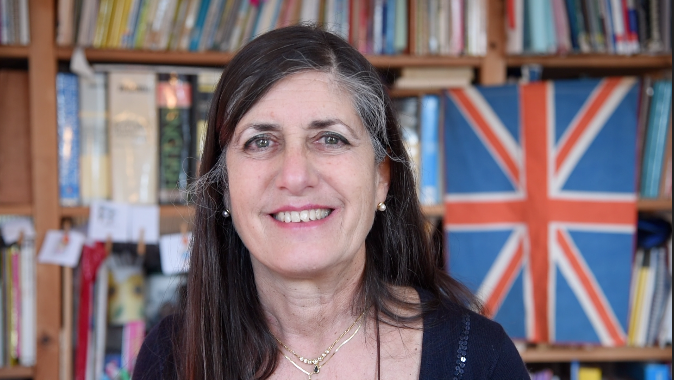|
Engaging young people in conversation with English-speaking peers not only increases their vocabulary, grammar, fluency, comprehension and confidence but is also much more motivating because they think alike, have similar interests and are usually on the same wave-length.
It is that more beneficial because they pick up and interiorise the language without thinking and translating - the expressions and collocations become "second-nature". At a recent venue abroad a very fluent non-native English speaker kept up a running commentary on the athletic events taking place. However some basic mistakes made it obvious that he was not thinking in English: he wanted to remind the athletes to wear their tracking equipment using the phrase, "Think ON the transponder and number" (in German: Denk AUF...) instead of "Think ABOUT / OF..."; he often repeated, "This is the last lap IN FRONT OF the finish" meaning "the last lap BEFORE the finish", (die letzte Runde VOR dem Ziel). VOR in German means IN FRONT OF as well as BEFORE and if he had learnt them as collocations he would never had made these mistakes! The best way to learn a language is 'living' it in context. The younger the better... The sooner the better... that is why speaking to peers is essential: either for free on various social networks and conversation exchange websites or with paid online lessons which guarantee conversation with serious youngsters who have a wider range of topics to discuss due to their cultural backgrounds and interests which may not only improve a teenager's English but also broaden his horizons. Check out for example CONVERSATION ONLINE for TEENAGERS by a TEENAGER... Another language experience I had in my mother's nursing home in Germany the other day was when all the elderly were sitting watching an event and a German woman SUFFERING FROM obvious DEMENTIA overheard us speaking English and intervened with an excellent accent and correct fluent sentences. This goes to prove that WHEN LANGUAGE IS WELL EMBEDDED IN THE BRAIN THE ELDERLY RETAIN IT even when they are no longer capable of participating in life in the 'present'. Some food for thought! Susan
0 Comments
Leave a Reply. |
Categories
All
Would you like regular English learning & teaching ideas? Subscribe to my blog so you don't miss a post!
AuthorMy name is Susan Brodar, born in London into a multilingual family and brought up bilingual English / Italian. Archives
December 2018
|





 RSS Feed
RSS Feed





